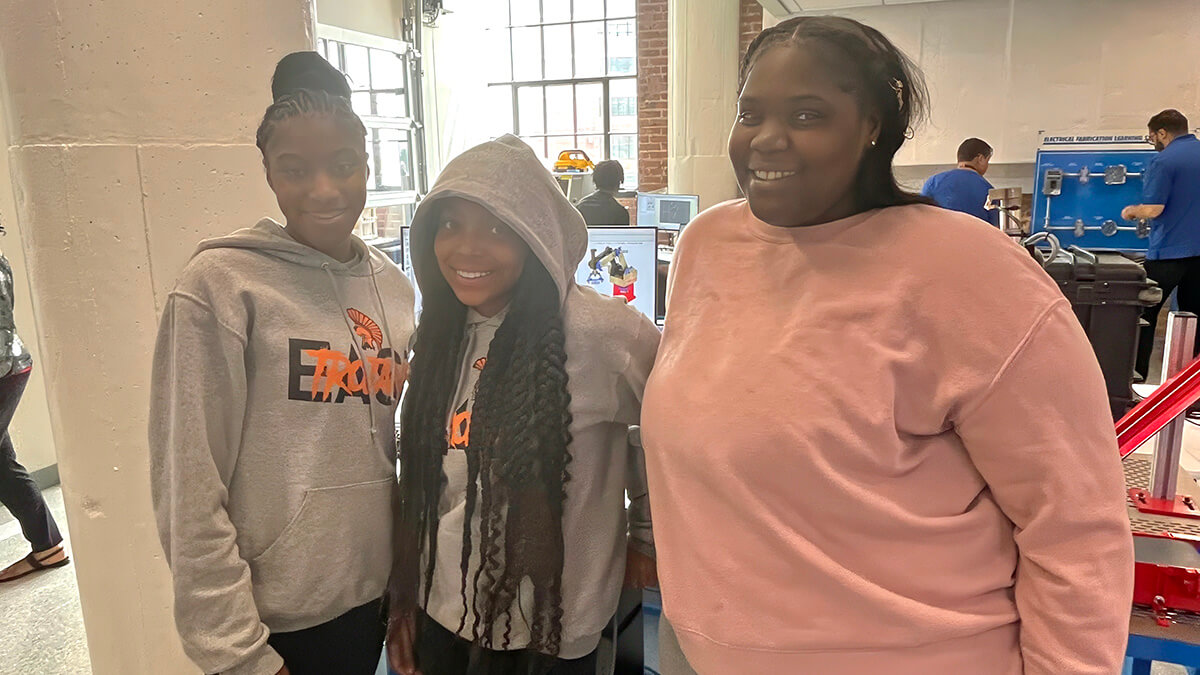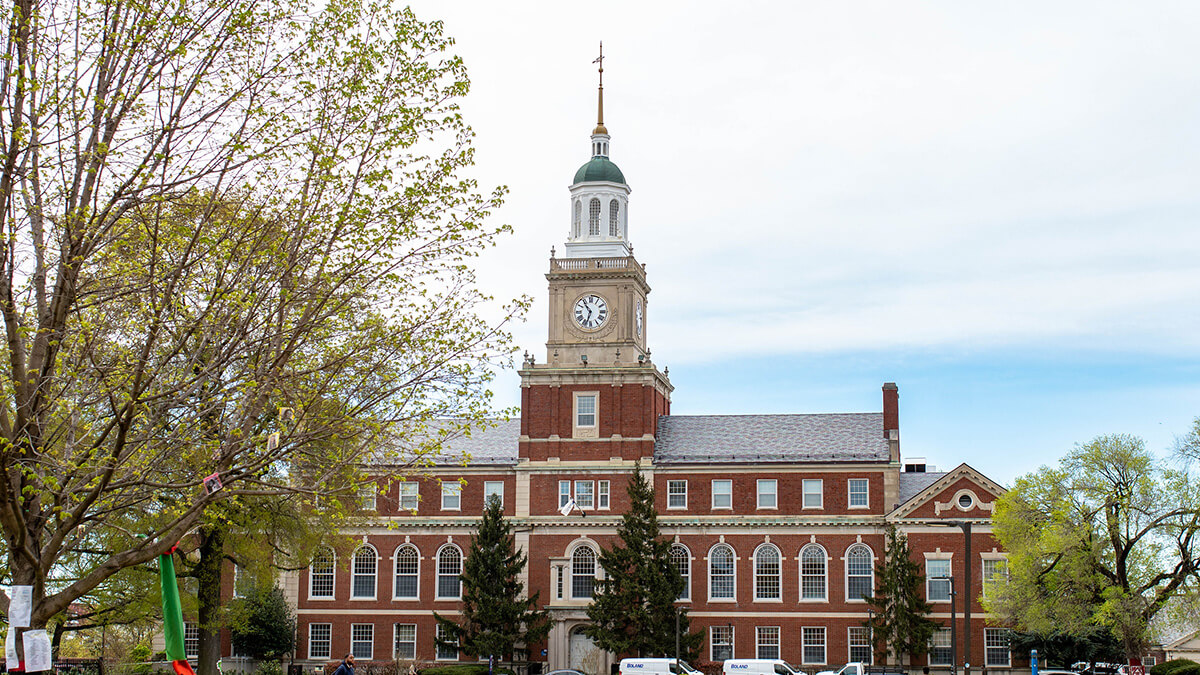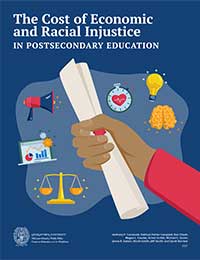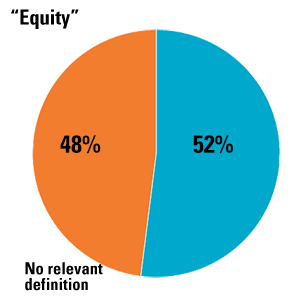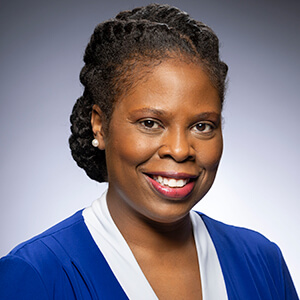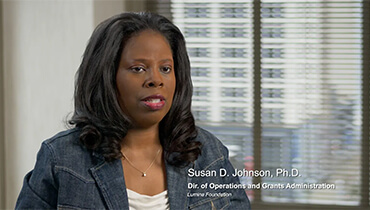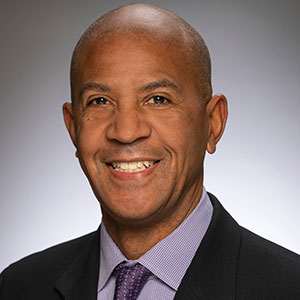Addressing Equity in Education
People want a fair shot at a college degree or other credential that allows them to learn, grow, and thrive. But opportunity isn’t equal: It still depends on who you are and where you come from. We must do all we can to make opportunity real for people in the United States who are poorly served by colleges and universities. Data indicate many of these people are Black, Hispanic, Latino, and Native American, from low-income families, and living in underserved urban and rural areas.
To achieve equity, we must focus our efforts. Unfortunately, today’s education systems fail to meet the needs of today’s students. These students are more racially and ethnically diverse. They are more likely to work full time. And they are more likely to experience poverty, a lack of stable housing, and food insecurity. These circumstances reflect widening gaps in income, wealth, and access to opportunity.
Policies, practices, and beliefs—rooted in history and still affecting people today—especially keep many people from the education and skills they need. These systems unfairly hold back students seeking better education and better lives. Racial, wealth, and geographic disparities in the United States are widening; without concerted efforts, such inequity will continue to grow.
Deliberate policies created or contributed to these unjust conditions, and it will take focused efforts to undo them. Higher education can play an important role. Despite serious challenges, education and training after high school remain among the most secure pathways to economic stability. But the country needs a learning system that works well for everyone.
We work with partners to pursue equity in education by ensuring that colleges, universities, and other education providers do all they can to make opportunity real for students of color, students who are the first in their families to go to college, students from low-income families, and working-age adults.




